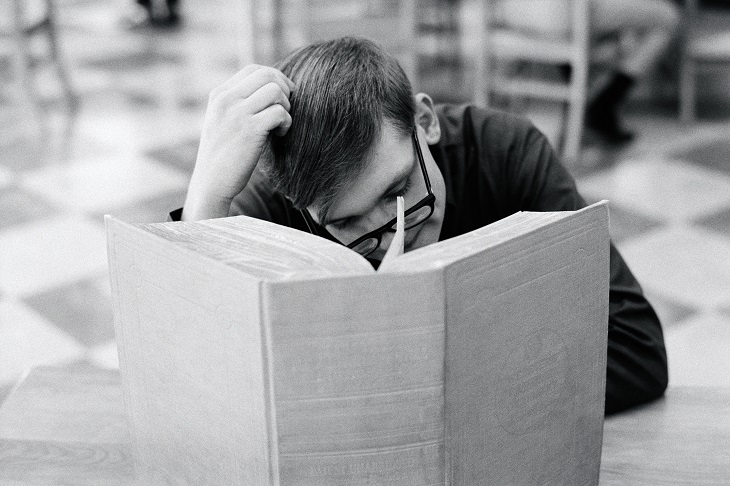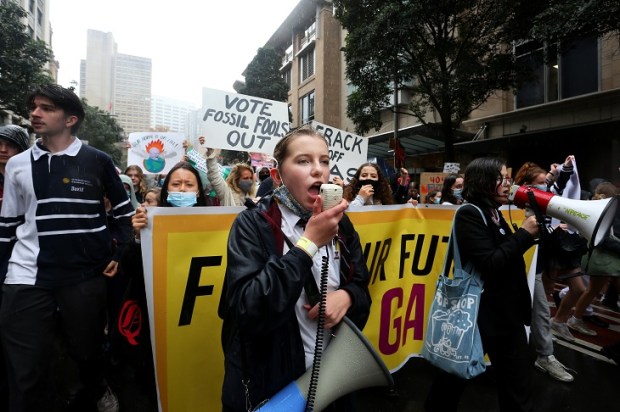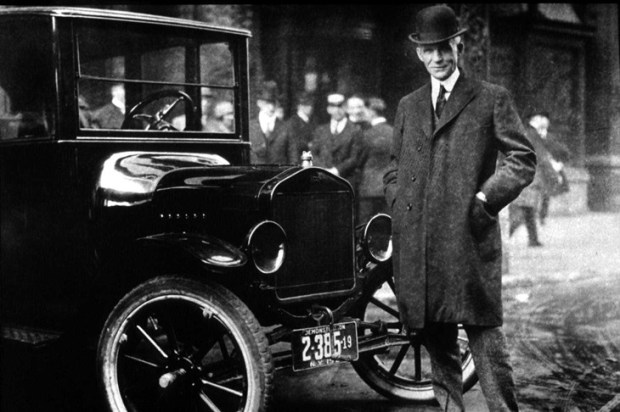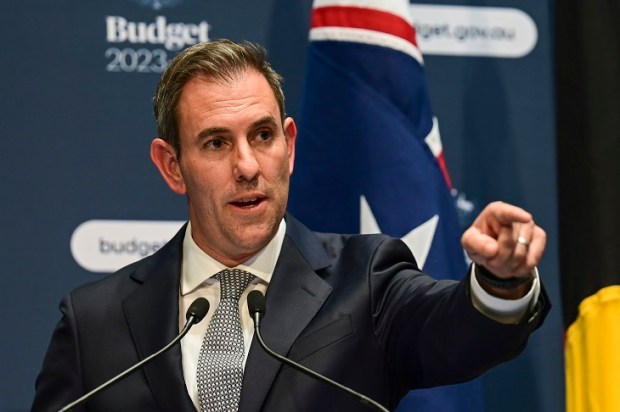While expressions like ‘political correctness’ and ‘being woke’ are recent, their origins can be traced to a number of intellectuals and academics associated with the Frankfurt School established in Germany during the 1920s. In addition to becoming dissatisfied with communism, the intellectuals involved also realised such was the prosperity and freedom experienced by those living in the West there was little, if any, chance of the disaffected storming the barricades and using violence to take control.
The focus of the revolution shifted from the economy to what has become known as the Culture Wars. Michael Gove in Celsius 7/7 describes this as a time when in order to radically change society the focus had to be ‘less and less on workers’ struggles and instead (become) engaged in wider battles’. Gove especially notes the rise of identity politics because of what is described as the long march through the institutions.
The Italian philosopher and cultural critic Augusto Del Noce makes a similar point when arguing, ‘It is clear that what today is called the left fights less and less in terms of class warfare, and more and more in terms of “warfare against repression”’. Whether repression caused by society being Eurocentric, homophobic, sexist, heteronormative, or misogynistic, the fight to overthrow capitalist society is now focused on winning the Culture Wars.
One of the most significant theories associated with the Frankfurt School is Critical Theory – defined by the Stanford Encyclopedia of Philosophy as a liberating and emancipatory philosophy directed at ‘decreasing domination and increasing freedom in all its forms’. Whether freeing those oppressed by capitalism, racism, sexism, or a heteronormative, binary sense of gender and sexuality … the purpose of Critical Theory is to overthrow the status quo and initiate a new period of equality and freedom for all.
It is impossible to underestimate the impact of Critical Theory on universities and the school curriculum. Literary texts are now critiqued in terms of power relationships associated with gender, ethnicity, race, and class and history no longer deals with the grand narrative associated with the rise and evolution of Western Civilisation. If Western Civilisation is mentioned, it is through a black armband perspective. Such is the pervasive nature of Critical Theory and its recent offspring post-colonial theory, mathematics and science have also become victims of cultural-left ideology.
The Australian national curriculum includes the statement that Aborigines ‘are adept at pattern and algebraic thinking’ and the curriculum is ‘structured around identified themes in Aboriginal and Torres Strait Islander Peoples’ mathematical thinking, understandings and processes’. So much for Pythagoras and Euclidean geometry.
Gove makes the point the cultural revolution of the mid to late 1960s saw a rebirth of Critical Theory as a significant and powerful force for radical change. Illustrated by the 1968 student riots in Paris, Woodstock and the hippy, counter-culture movement, the emergence of radical feminism, gender and LGBTIQ+ theories this was a time, as Wordsworth observed about the French Revolution of 1789, ‘bliss was it in that dawn to be alive, but to be young was very heaven’.
As noted by the Australian art critic Giles Auty in Culture At Crisis Point, the 1960s cultural revolution represented a significant and far-reaching social, intellectual, and cultural change that critiqued and undermined the very foundations of Western societies. Auty writes:
‘What the long march has attempted is not just the overthrow of Western culture in a narrow sense but a rewriting of the moral and civil codes which underwrite the entire God-inspired history of Western Civilisation.’
The American author Roger Kimball in his book The Long March also suggests the cultural revolution of the late 1960s signified a dramatic and far-reaching change in the way the cultural-Left sought to radically remake society in its image. Kimball writes in relation to America, ‘In a democratic society such as ours, where free elections are guaranteed, political revolution is almost unthinkable in practical terms. Consequently, Utopian attempts to transform society have been channelled into cultural and moral life.’
Whether the anti-war movement and race riots, student activism on campus, the sexual revolution brought about by the birth control pill or the Dionysian culture of immediate physical gratification, the end result was long held and accepted beliefs and institutions were attacked and undermined. The concept of Western culture being beneficial or preferable was especially targeted by the cultural-Left’s long march. As noted by Arthur M. Schlesinger, Jr in The Disuniting of America this was a time when, ‘The Western tradition, in this view, is inherently racist, sexist, classist, hegemonic; irredeemably repressive, irredeemably oppressive. The spread of Western culture is due not to any innate quality but simply to the spread of Western power.’
Schlesinger also makes the point for all its faults and shortcomings compared to other cultures Western Civilisation contains within itself the ability to identify and critique its flaws and injustices and to move towards greater freedom, equality, and justice for all. Schlesinger writes:
‘There remains a crucial difference between the Western tradition and the others. The crimes committed by the West have produced their own antidotes. They have produced great movements to end slavery, to raise the status of women, to abolish torture, to combat racism, to defend freedom of inquiry and expression, to advance personal liberty and human rights.’
While Woke activists argue it’s wrong to criticise or find fault in indigenous cultures the reality is many were, and still are, characterised by practices such as child brides, domestic violence, and the exploitation and subjugation of women. And there are still countries like Saudi Arabia, Brunei, and the United Arab Emirates that embrace a fundamentalist view of Islam were practices like female circumcision, the victimisation of LGBTIQ+ people and treating women as inferior are prevalent and considered acceptable.
This is an edited extract from Kevin Donnelly’s The Dictionary Of Woke, to be launched in Sydney 20th September by Chris Kenny, the host of the Kenny Report. Bookings at https://www.trybooking.com/CCBUP
Got something to add? Join the discussion and comment below.
Get 10 issues for just $10
Subscribe to The Spectator Australia today for the next 10 magazine issues, plus full online access, for just $10.


























Comments
Don't miss out
Join the conversation with other Spectator Australia readers. Subscribe to leave a comment.
SUBSCRIBEAlready a subscriber? Log in